Archive
Film | Theatre | Art | Opera | Music | Television | Festivals
Welcome to ABR Arts, home to some of Australia's best arts journalism. We review film, theatre, opera, music, television, art exhibitions – and more. To read ABR Arts articles in full, subscribe to ABR or take out an ABR Arts subscription. Both packages give full access to our arts reviews the moment they are published online and to our extensive arts archive.
Meanwhile, the ABR Arts e-newsletter, published every second Tuesday, will keep you up-to-date as to our recent arts reviews.
Recent reviews
Ideas of The Restoration In English Literature, 1660–71 by Nicholas Jose
The Ministers’ Minders: Personal advisers in national government by James Walter
The two lots of new-look literary pages in the Age Saturday Extra and the National Times on Sunday are bidding fair to brighten up the weekends, especially for Victorians and for Other-Staters who also read the Age on Saturdays and will therefore get the benefit of both.
On the retirement of Stuart Sayers, Rod Usher has taken over the editorship of what is now the ‘Books’ part of ‘Arts and Books’ in the Age Saturday Extra, and is making a pretty classy fist of (and here I speak from experience and from the heart) an extremely demanding job. The few reservations I’ve heard around the traps have been to do with the number of Age staff reviewing books, and with the possibility that the ‘Books’ may get swamped by the ‘Arts’ now that they’re a double act. These odd mutterings are fair enough, but overall the whole section’s looking good.
... (read more)I have never flown first class on Qantas; I’d love to, but somehow I don’t think I ever will. But next time you fly first class on a Qantas 747, take a look at the inflight library and you might be surprised to find copies of George Johnston and Charmian Clift’s Strong Man from Piraeus; Elizabeth Jolley’s Palomino; Evan Green’s Alice to Nowhere; Gerald Murnane’s A Lifetime on Clouds; or Kate Grenville’s Lillian’s Story.
... (read more)The Australian Short Story Before Lawson edited by Cecil Hadgraft
Dear Editor,
I wonder whether you would be so good as to publish, in a forthcoming number of ABR, a short list of selected errata as they appear in Kenneth Gelder’s review of The Book of Sei and Other Stories in your June issue.
Mr Gelder’s opinions are his own affair, much as I might wish that he had not made a book of mine their vehicle. I was, however, disturbed to find that, purporting to quote the first lines of the story entitled ‘The Dolphin’, he in fact quoted the opening lines of quite another (‘Red and Black’).
... (read more)






